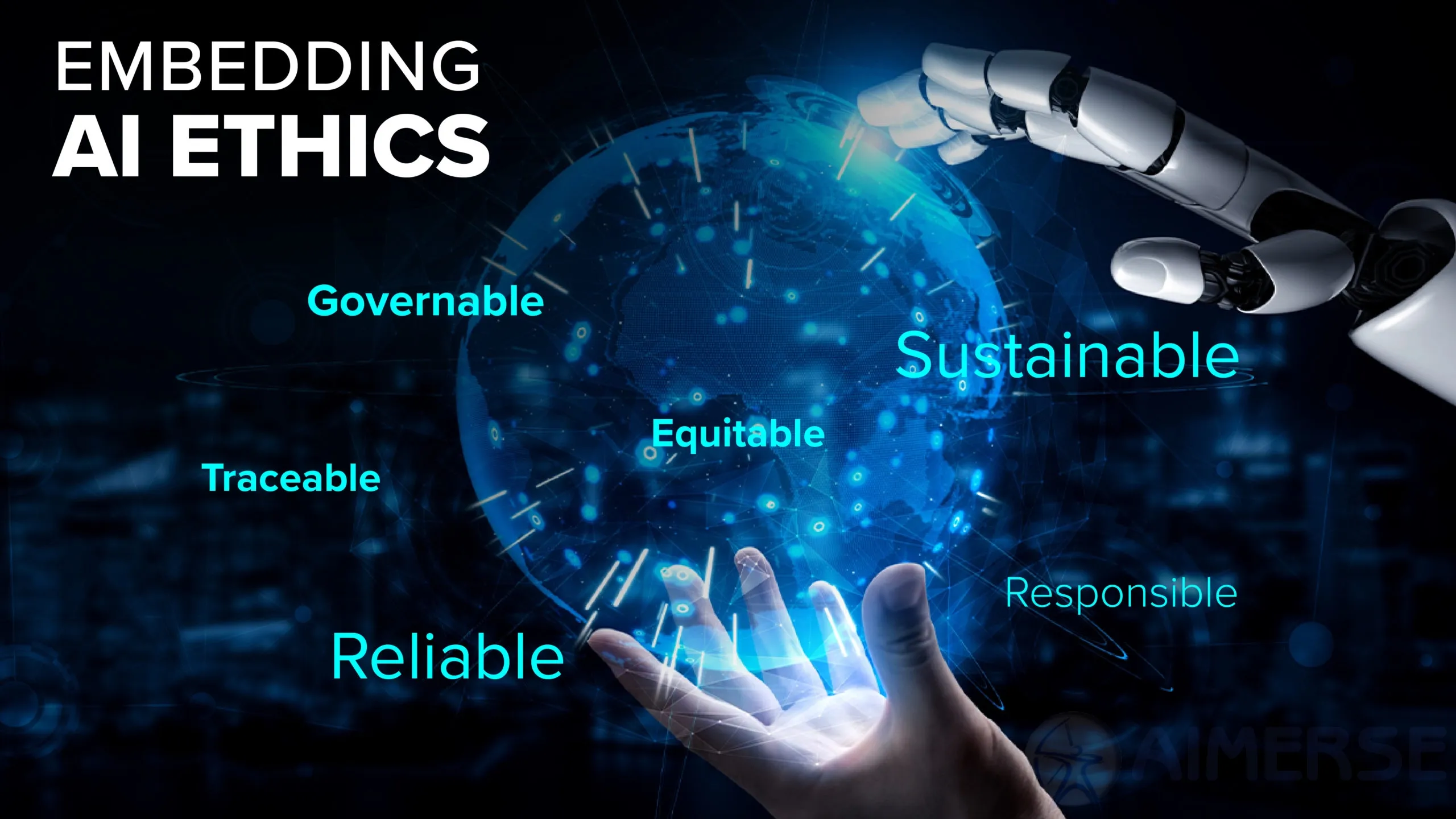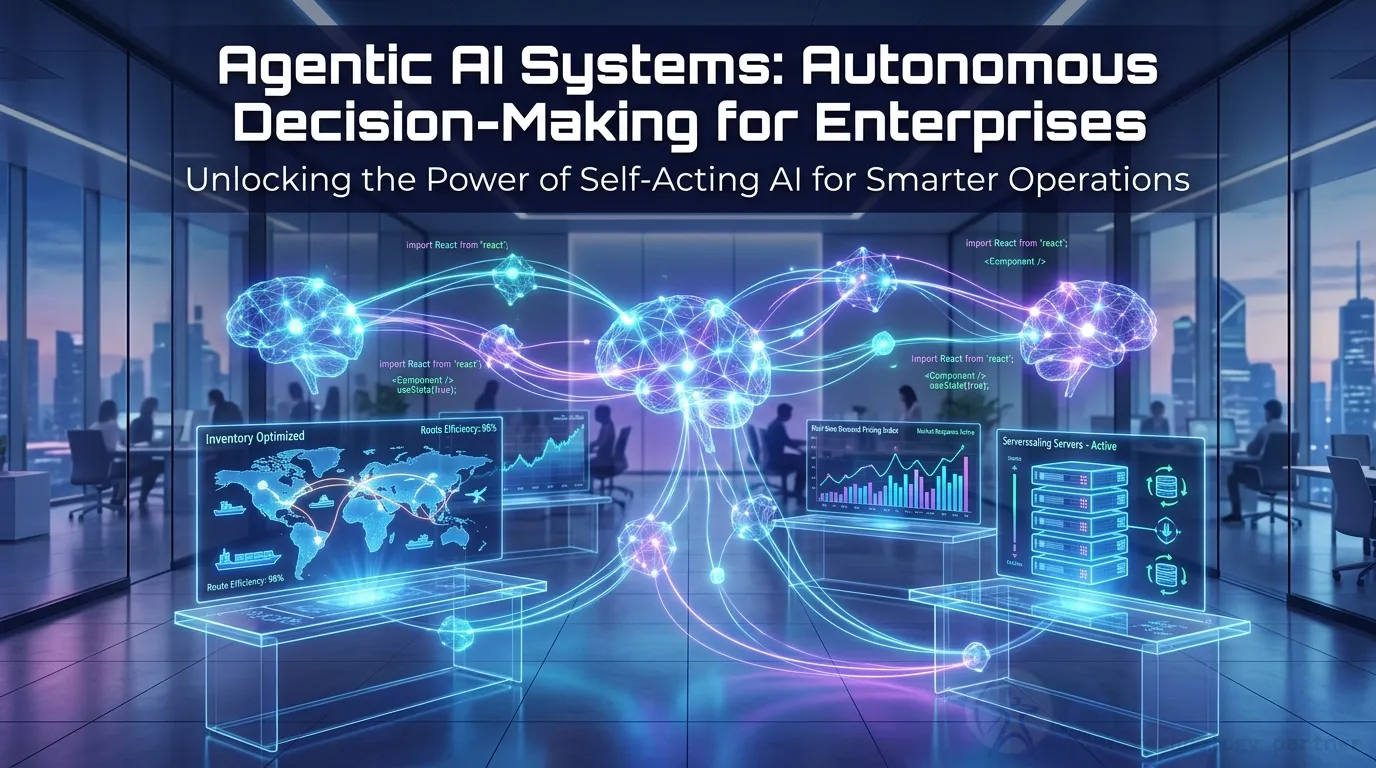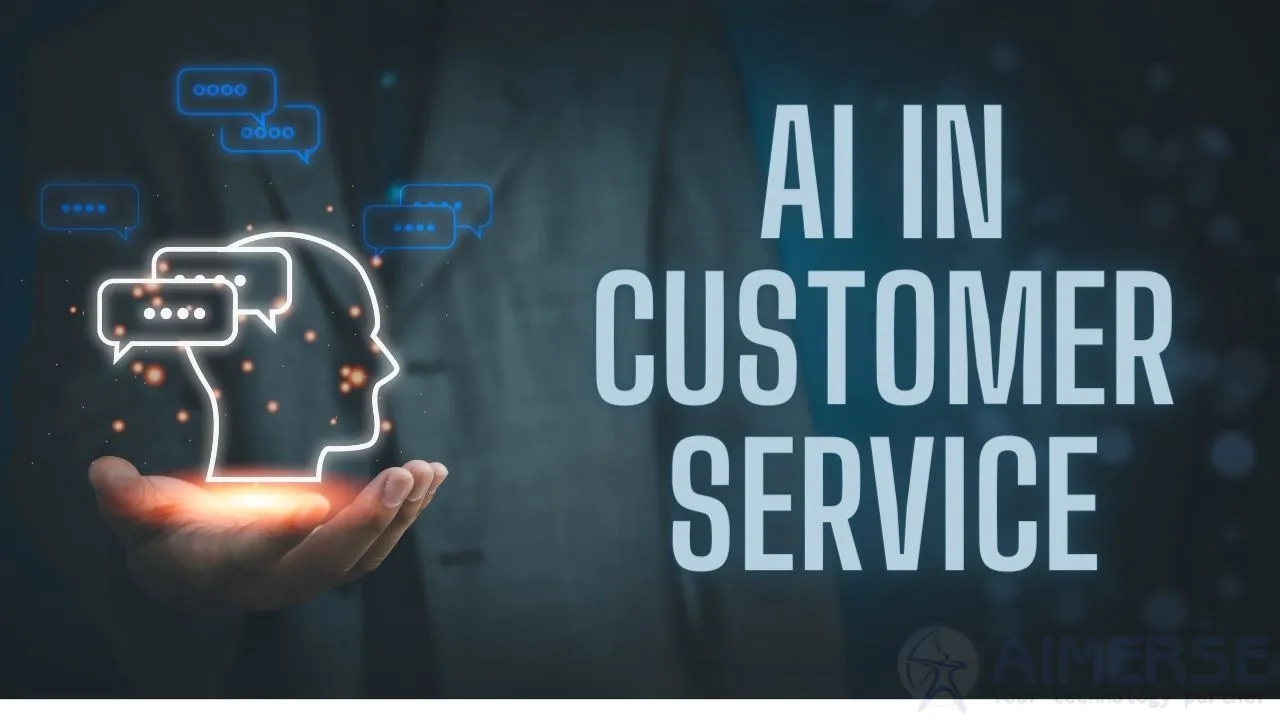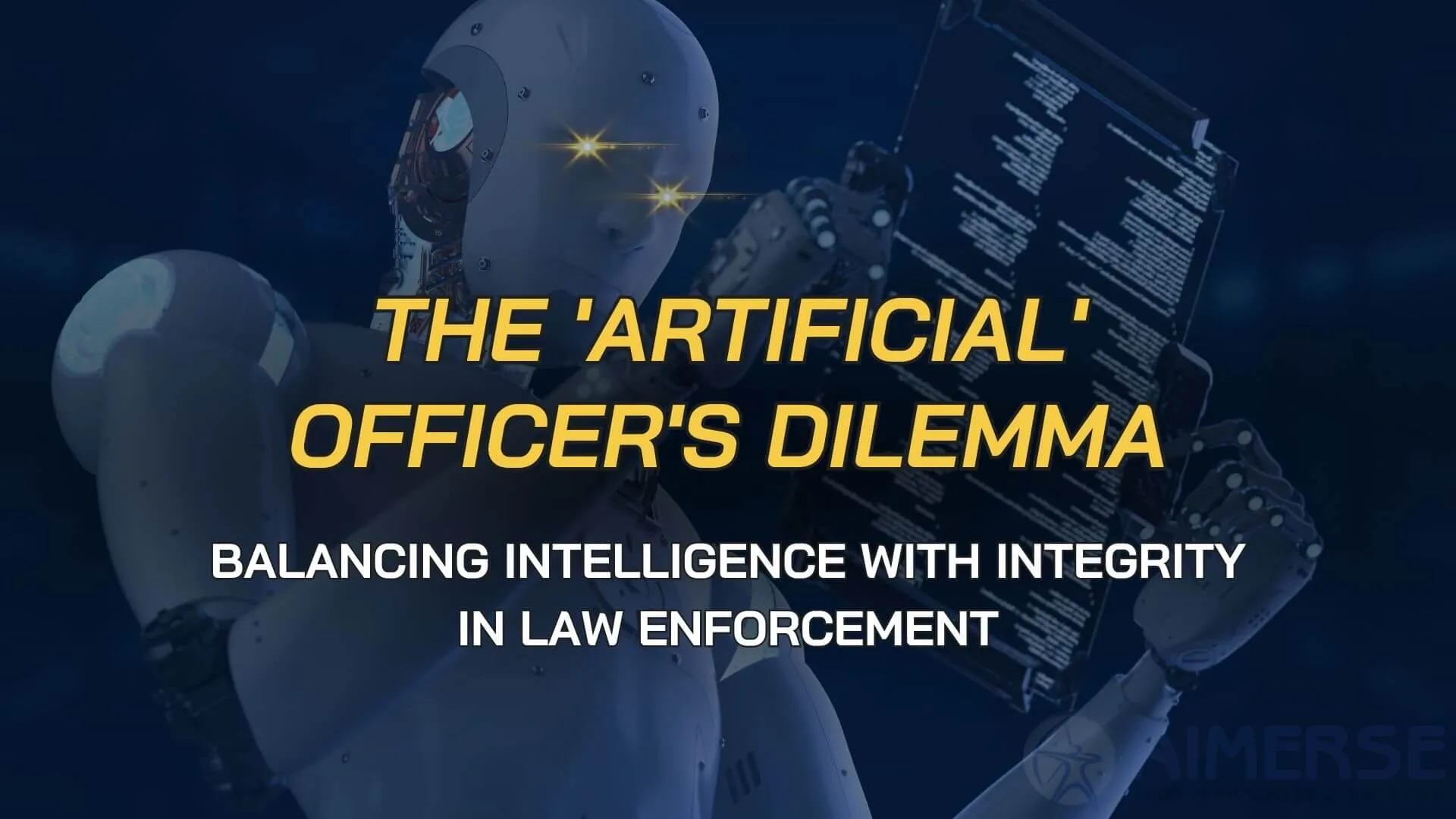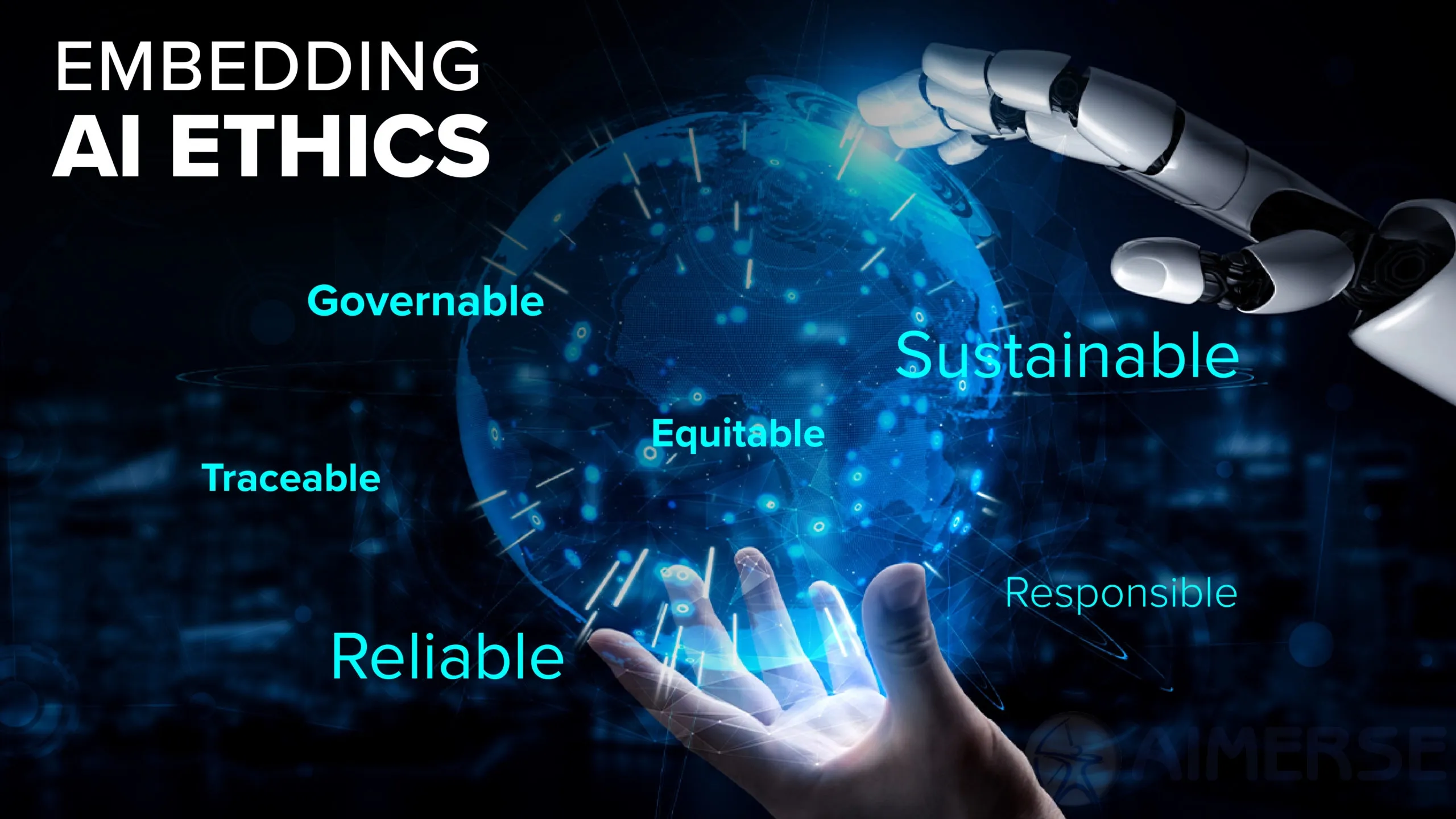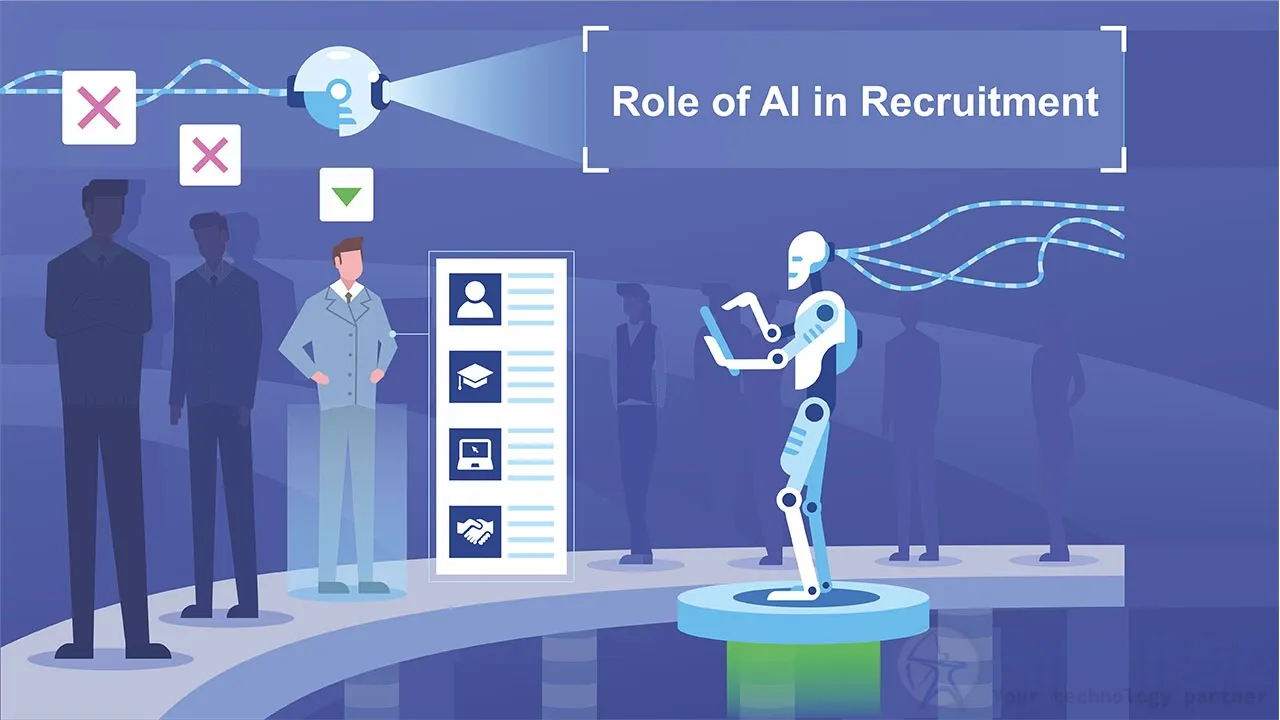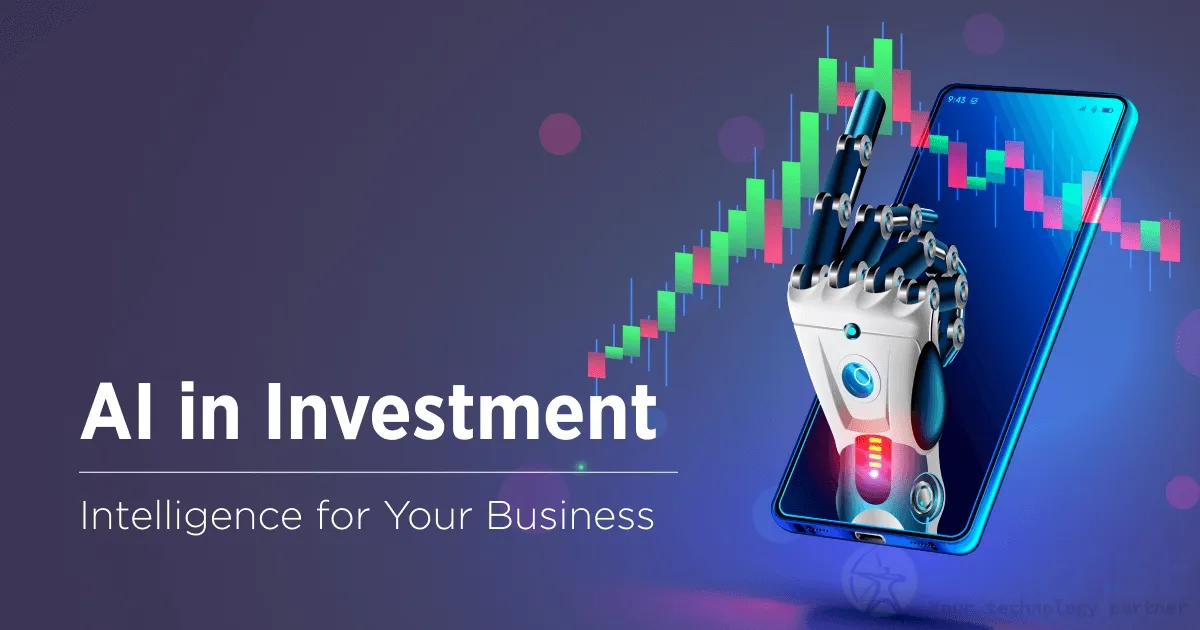Ethical AI: Developing Responsible and Fair Applications.
In the rapidly changing world of artificial intelligence (AI), therefore, fair development is of great importance. Today influence by AI stretches over very many aspects of society, building applications that work responsibly, sensibly, and trusting is important and indispensable.
General Principles of Ethics in AI Design
-
Fairness and Non- Non-Discrimination Description
- Description: AI shall treat all peoples and groups non-discriminatively.
- Implementation
- Bias Mitigation: Identifying and addressing inherent biases in input data and algorithms may avoid unfair distributions.
-
Transparency and Explainability
- Description: AI activity must be explainable to the stakeholders.
- Implementation:
- Transparency through Documentation: Proper records of how AI systems were designed and decision-making.
- Transparent Models: These must show their decision-making
-
Accountability
- Description: The developers, along with the organization, must answer for the decisions of AI
- Implementation
- Governing frameworks: These set rules on how performance should be tracked, including how errors would be detected
- Human intervention capacity: particularly in those carrying important decisions
-
Privateness and Data Protection
- Explanation: The development of AI should protect the user's data
- Implementation
- Data Anonymization: This is the prevention of revealing one's identity in datasets
- Storage Security: Create sufficient security to prevent data breaches
-
Environmental Accountability
- Explanation: AI development must consider environmental impacts
- Implementation
- Energy Efficiency: Algorithms are designed to be optimized in terms of energy usage.
- Sustainable Practices: Good practices could be implemented at all lifecycle stages of AI, from development to operation and disposal.
Best Practices on the Implementation of Ethical AI
- Ongoing Monitoring and Auditing: Keep track of the AI systems and their bias recognition and rectification and that of designing and running an ethical system.
- Stakeholder Engagement: The participation of multiple stakeholders will help provide the input that might help ensure diverse fairness of a system.
- Ethical Frameworks: Develop and enforce ethical standards to guide the development and deployment of AI.
Conclusion
Constantly building ethical AI applications is a diligent effort in supporting the quest and transparency to fairness. If the above principles and best practices are followed, developers creating AI systems will be not only innovative but also responsible and equitable.
We at Aimerse Technologies, specialize in developing custom software solutions on any given technology: React.js, Node.js, Python Django, Laravel, Java Spring Boot, among others. All applications developed here are at the forefront of technological innovation while holding the highest standards of responsibility and fairness in using AI.
